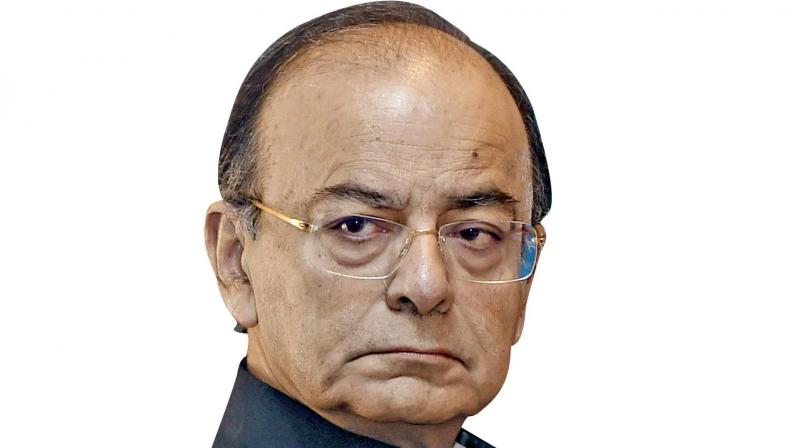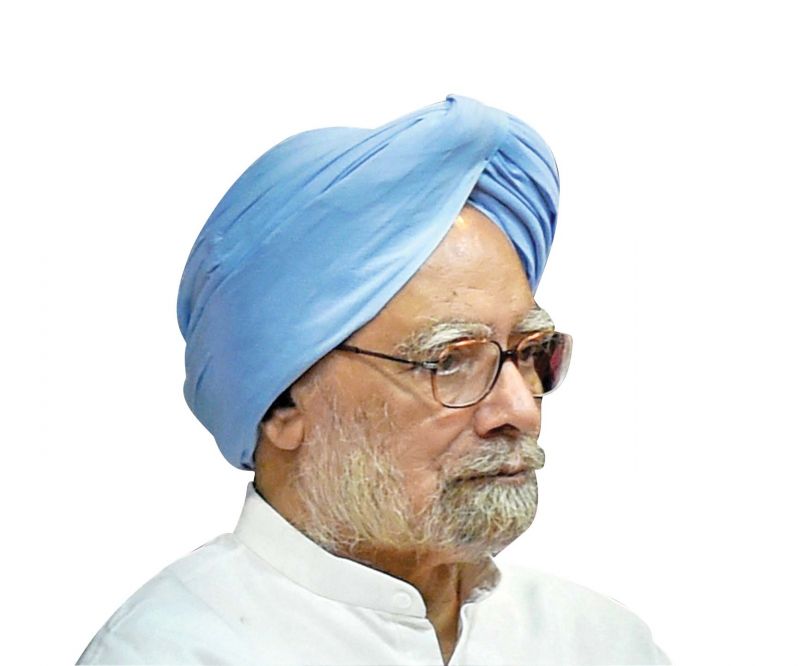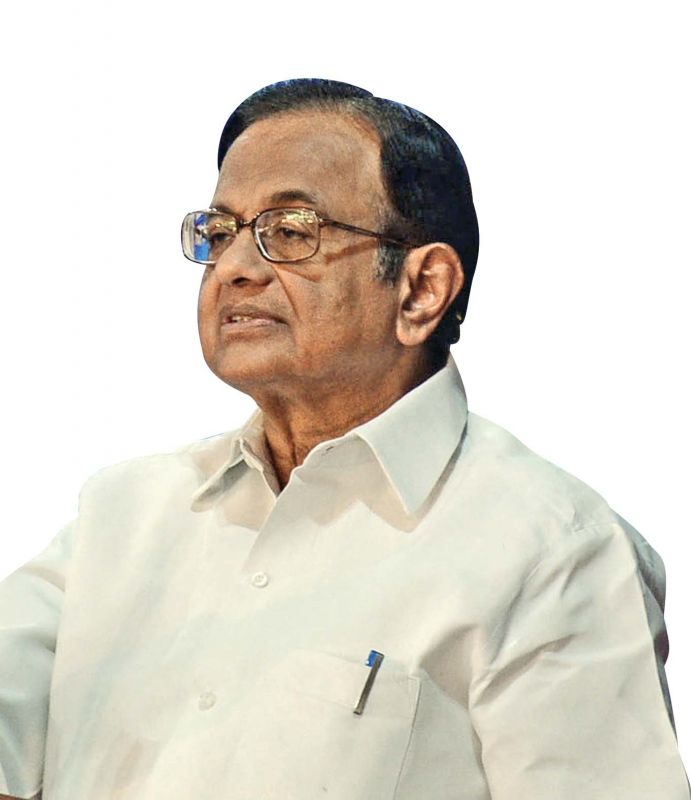Namma Chennai diary: Double whammy of GST, demon was too much

If you listen to the Prime Minister it would appear Deepavali has arrived early, for some at least. If you hear Rahul Gandhi or his ancient dowager of a party on the same subject, it would appear all this is too little too late. The problem with India is economics is also politics. But then everything is political out here, isn’t it? If you read what the EU chief Juncker or the World Bank chief Jim Yong Kim has said, there is no problem at all. How could a nation growing at 5.7% in the last quarter – the second highest in the world after China while also being the third largest economy in Asia – get so pessimistic as to believe the economy has not only fallen off the precipice but also crashed into the ravines below?
The truth lies somewhere in between, as is the case with most things. The after effects of the double whammy of demonetisation on November 8 and the GST from July 1 created the current situation. Even the principal players in this situation – the two and a half men as some derisively described them – were stymied by the gloom and doom that one of them was pulled out of a padayatra and flown into a brainstorming session from which emerged the changes in the GST regime, which the council passed at its meeting last Friday. The ranting of businessmen and exporters seems to have reached the ears of the men who count in time to bring about the reforms.
 Former Prime minister and economist- Manmohan Singh
Former Prime minister and economist- Manmohan Singh
Accustomed as we have been in the last couple of decades to appointing lawyers as finance ministers, we have learnt to lean on Reserve Bank Governors and the Chief Economic Advisers to find out what is the true state of the economy. The subject is so complex that a politician-lawyer-finance minister would only skirt around it in a million ways without revealing the true situation. It’s a long time ago that Manmohan Singh was the finance minister. But then didn’t George Bernard Shaw convey it best about economists in saying, “If all the economists were laid end to end, they’d never reach a conclusion?” Having an economist in place as FM made a lot of sense then as it does now.
 P Chidambaram
P Chidambaram
We can’t even trust the GDP numbers anymore because they have been tweaked to appear in bigger numerals. Also, I am told that the GDP pertains only to the organised sector, which is roughly 50 to 60 per cent of the economy. The informal sector is not factored into the figures, although by doing so we would probably be recognising the contribution of a formidable set of people who are also keeping the economy running. The poorest of the poor are not factored in either, but if they are, it might be possible that the growth number would be minuscule.
The double whammy was such it did not leave the life of a single Indian untouched. The GST was not the ‘Great Simple Tax’ that it was intended to be because the complex multiple rates made it many an indirect tax hidden in one. The business people hardly got over the demons of the DeMonet before they were blitzed by the enormity of a complex GST. I have never heard such angry language against the present dispensation than when I had a weekend lunch with a businessman friend and a textile exporter. They were livid with what was happening even as messages poured into their phones from influential people carrying messages to the bigwigs in Delhi on the same day.
The exporter complained bitterly about the shrinking duty drawback and the difficulty of getting even the little bit as it could not have been retrieved for months to come if the reform didn’t happen. The businessman found the difficulties of starting a new venture bewildering as the GSTN was impossible to get into for days on end. So it’s not only the procedural glitches that have plagued the system but also structural faultlines in the new tax regime itself. A slew of changes were brought about by that evening, but nothing suggests the environment will transform at once. It’s nice to know the GST on khakhra is down but do they eat much of it outside Gujarat?
The one positive to take out of the operation to ease the pain of small traders and exporters is the leadership was prepared to accept the lessons learnt from the experience after the hastiness with which a gargantuan tax regime was thrust upon every Indian who bought anything except, maybe, his ration rice. The big decisions may have been made by one person and it’s usually a lesson in humility to accept that he may have been wrong. Economists are telling us that the banking system is in deep trouble – which it has been for years after being denuded by crony capitalists - and private investment is not picking up. The public sector has to be activated to compensate, so too public spending. Do we have the will to find the way forward? We must do so, but with some tips from real economists.

